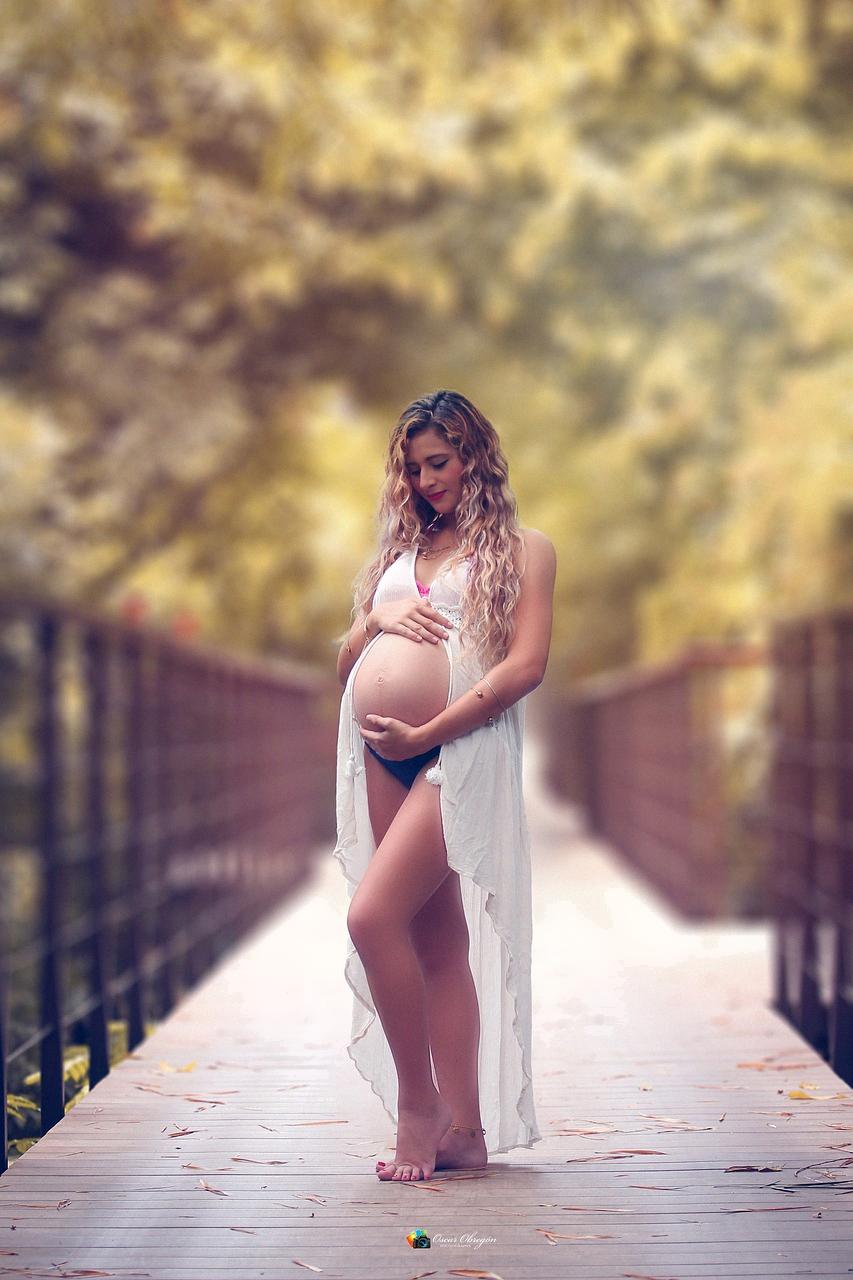During the two-week wait, which is the time between ovulation and the expected start of your period, many individuals may start to wonder if they are pregnant. While it is important to remember that not everyone experiences the same symptoms, there are a few early signs that some people may notice during this time.
Implantation Bleeding
One of the early signs of pregnancy that some individuals may experience during the two-week wait is implantation bleeding. This occurs around 1-2 weeks following implantation when the fertilized egg attaches to the uterine lining. Implantation bleeding is typically light and may be mistaken for a light period.
Changes in Basal Body Temperature
Monitoring your basal body temperature can also provide clues about potential pregnancy. A sustained increase in basal body temperature after ovulation may indicate pregnancy. However, it is important to note that other factors can influence basal body temperature, so it should not be relied upon as a definitive indicator.
Changes in Cervical Mucus
Changes in cervical mucus consistency and color may also occur during early pregnancy. Some individuals may notice an increase in cervical mucus production, which can appear thicker and creamier than usual. This change is due to hormonal shifts in the body.
Breast Changes
Many individuals report breast tenderness and swelling as an early sign of pregnancy. The breasts may feel fuller and more sensitive to touch. Changes in hormone levels can lead to these breast changes during the two-week wait.
Feeling Fatigued
Increased fatigue or tiredness is another common symptom experienced by some individuals in early pregnancy. The body undergoes significant changes to support a developing embryo, which can lead to feelings of exhaustion during the two-week wait.
Changes in Appetite
Some individuals may notice changes in their appetite during the two-week wait. This can manifest as increased hunger or food cravings. Hormonal fluctuations in early pregnancy can impact your sense of taste and smell, influencing your food preferences.
Heightened Sense of Smell
Early pregnancy can sometimes be accompanied by a heightened sense of smell. Certain odors that were once tolerable may now trigger nausea or discomfort. This sensitivity to smells is thought to be linked to hormonal changes.
Mood Swings
Changes in hormone levels during early pregnancy can also affect your mood. Some individuals may experience mood swings, feeling more emotional or easily irritable than usual. These emotional changes are a common part of early pregnancy for some individuals.
Frequency of Urination
Increased frequency of urination is a symptom that some individuals may notice during the two-week wait. As the uterus expands and the body prepares for pregnancy, pressure on the bladder can lead to more frequent trips to the bathroom.
Headaches and Dizziness
Headaches and dizziness can also be early signs of pregnancy for some individuals. Hormonal changes, increased blood flow, and shifts in blood sugar levels can contribute to these symptoms during the two-week wait.
Conclusion
While the above signs and symptoms may indicate pregnancy for some individuals during the two-week wait, it is essential to remember that they are not definitive indicators. The best way to confirm pregnancy is through a pregnancy test or consultation with a healthcare provider. Monitoring your body for changes and staying attuned to how you feel can help you navigate the uncertainties of the two-week wait with greater awareness and understanding.

